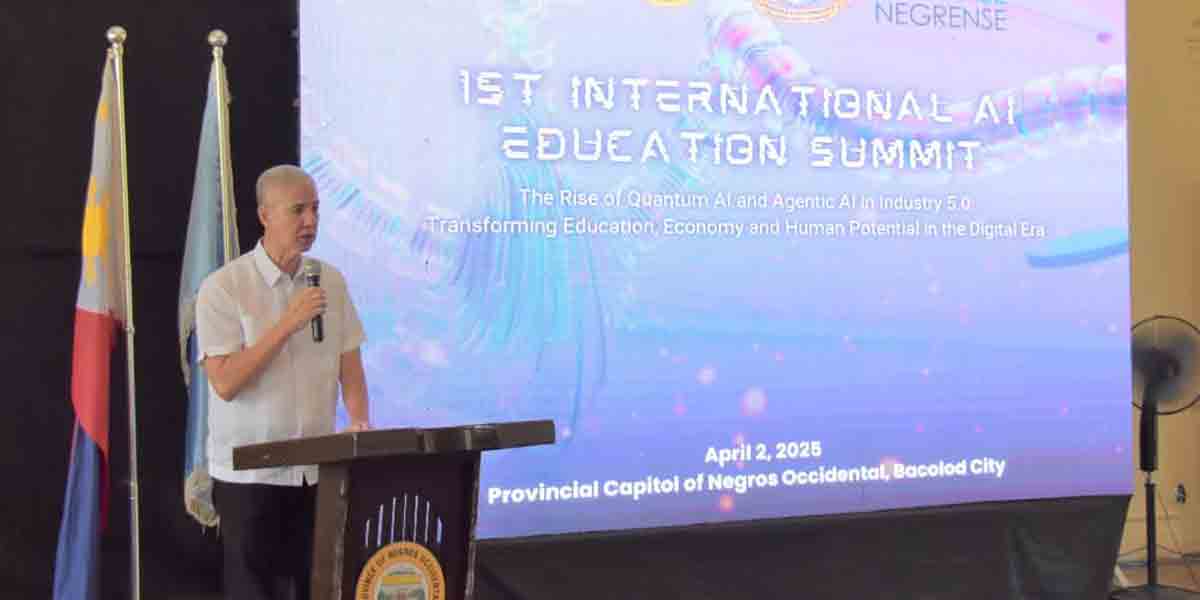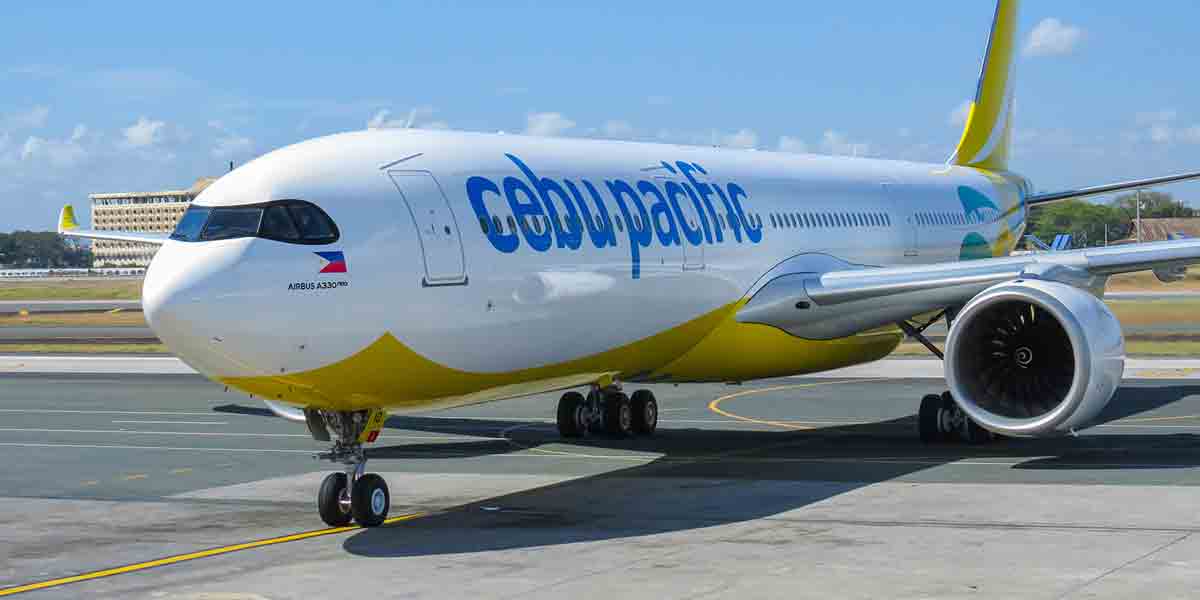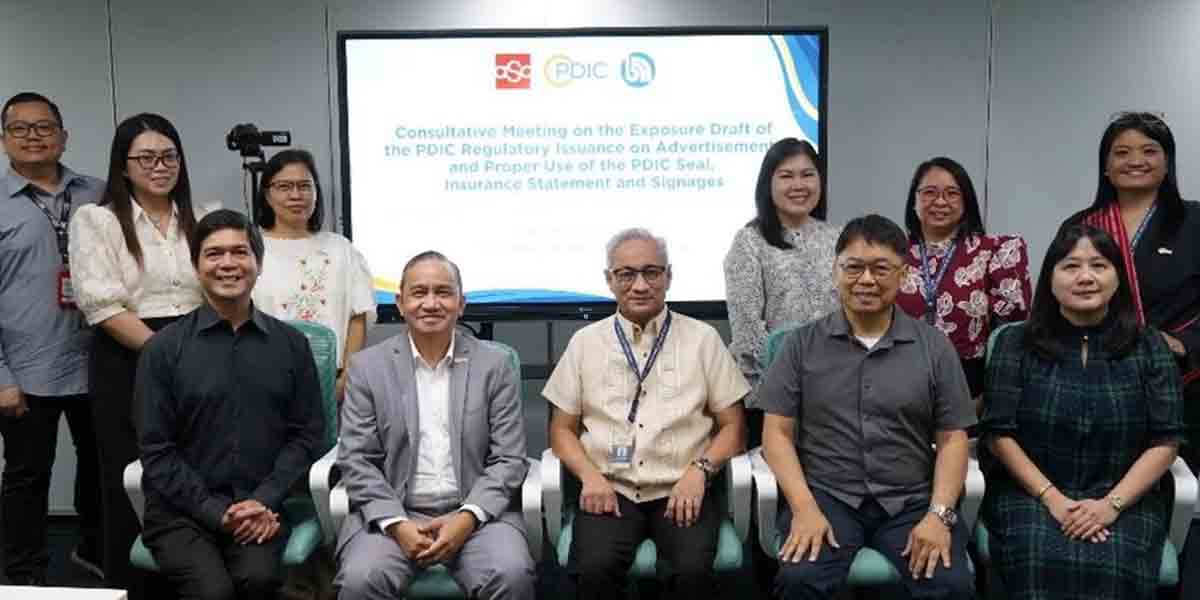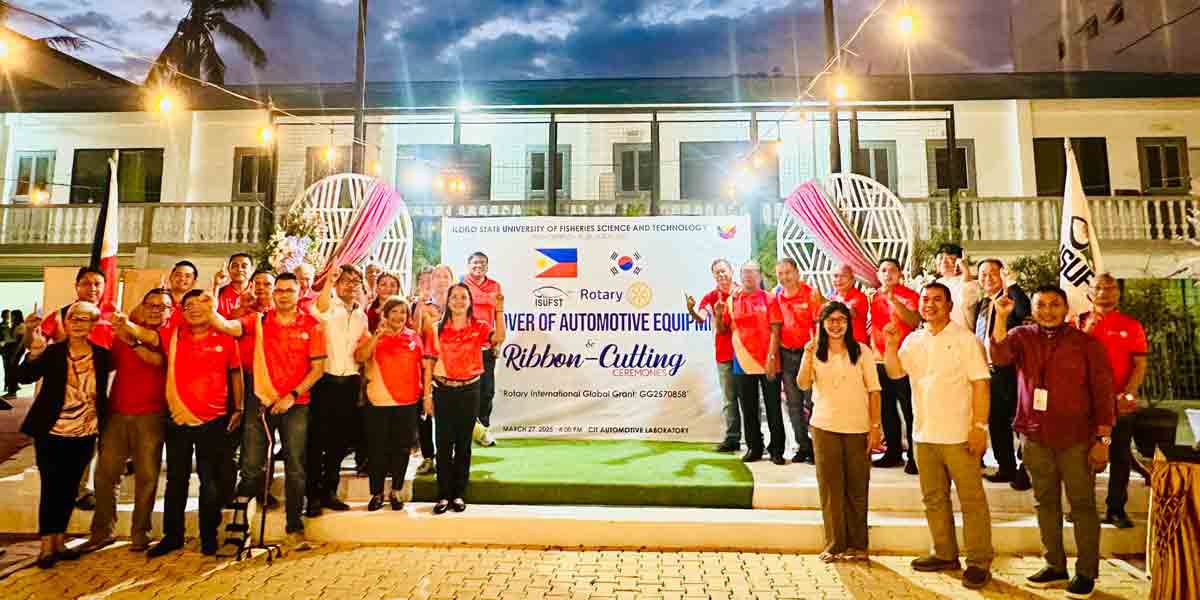
The Department of Trade and Industry (DTI) is encouraging Qatar Cool, the largest district cooling system (DCS) provider in Qatar, to explore investment opportunities in the Philippines.
DTI Secretary Fred Pascual met with Qatar Cool CEO Yasser Al Jaidah and Business Development Director Mohannad Khader on May 16 to discuss the company’s interest in establishing district cooling systems in the country.
“We thank Qatar Cool for your continued interest in the Philippines. We recognize the importance of energy-efficient projects in achieving our sustainability goals and, therefore, we are committed to supporting such initiatives through our enabling policies,” Pascual said.
Qatar Cool’s DCS technology offers a cost- and energy-efficient solution compared to individual building heating, ventilation, and air conditioning systems. This technology aligns with the current administration’s goal of achieving a 20% reduction in energy consumption by 2030, with the energy sector being a key focus area.
Projects utilizing such energy-efficient technologies may be eligible for fiscal and non-fiscal incentives provided by the government, offering significant cost savings for Qatar Cool and its potential partners.
Qatar Cool has expressed interest in partnering with major developers focusing on district-wide or township developments in the Philippines. The company was also invited to consider locations outside Metro Manila, which offer high-density developments suitable for DCS implementation.
The growing information technology and business process management sector, projected to reach 2.5 million employees by 2028, is a strong driver for office space demand within these districts. This translates to a significant increase in potential customers for Qatar Cool’s energy-efficient cooling solutions.
Qatar Cool first visited potential sites in the Philippines in March 2024, with follow-up discussions with prospective partners in the following weeks to ensure successful DCS adoption.
A high degree of occupancy commitment from tenants within developments would be crucial for the financial viability of the project.
The Philippines offers opportunities beyond district cooling, including participation in large-scale infrastructure projects like the New Manila International Airport and Ninoy Aquino International Airport, which consume vast amounts of energy for cooling purposes.
The passenger capacity of the New Manila International Airport is estimated to reach 100 million annually, highlighting the potential demand for efficient cooling solutions.
During the discussion, Pascual said, “The DTI, together with relevant stakeholders, is committed to supporting Qatar Cool’s exploration of the Philippine market. The Department of Energy will further assess Qatar Cool’s business model for potential BOI endorsement. Additionally, exploring opportunities in other locations and projects presents exciting possibilities for collaboration.”
“The DTI looks forward to further discussions with Qatar Cool and facilitating their successful investment journey in the Philippines, which can contribute significantly to the country’s energy efficiency goals,” he added.




















